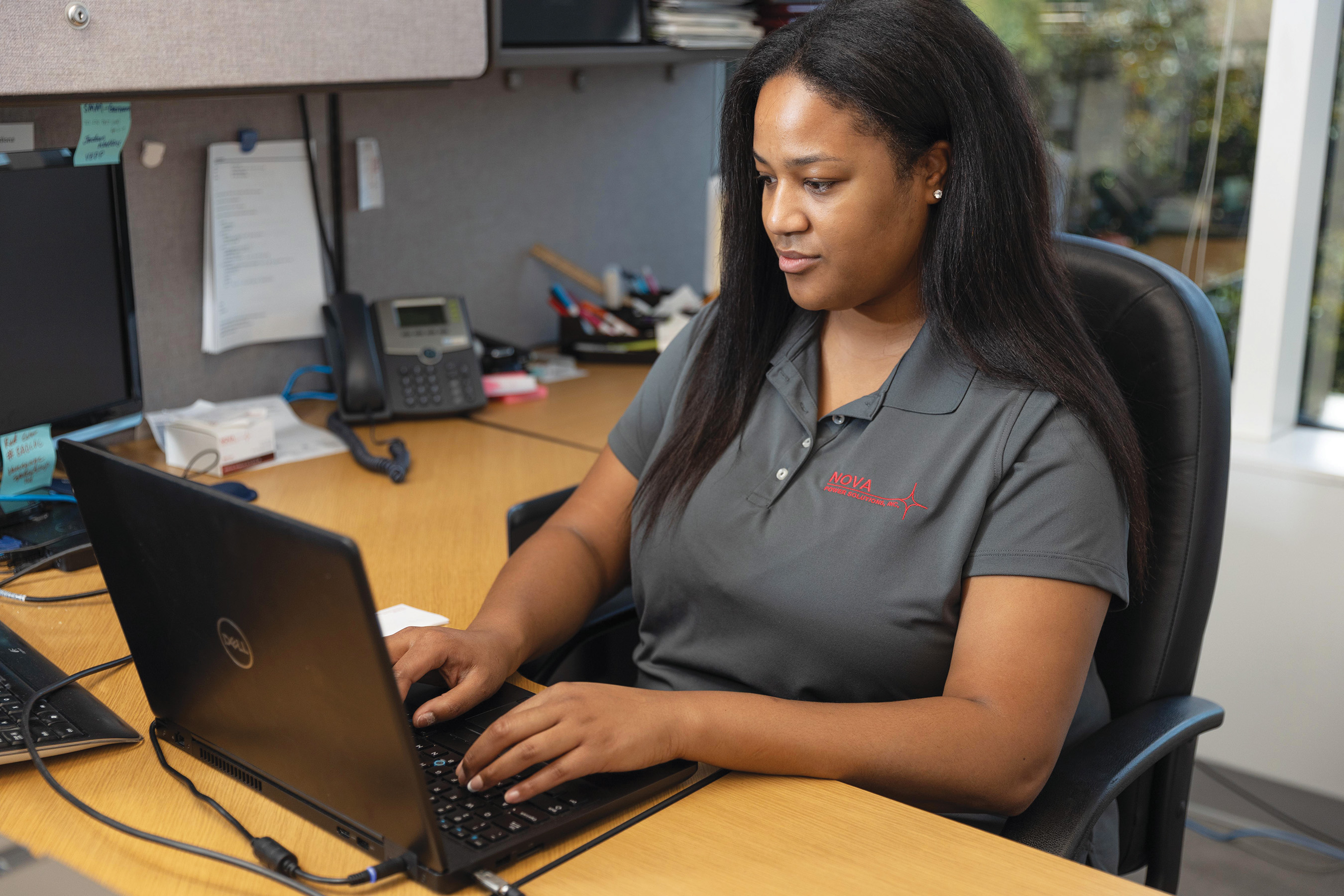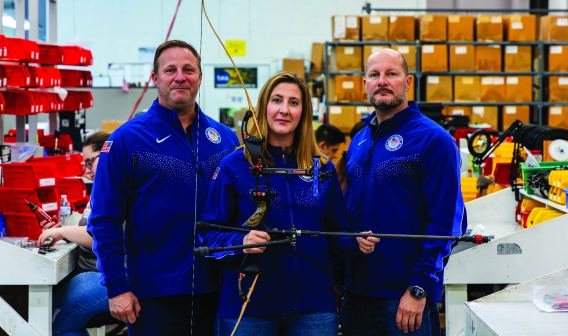
NOVA Power Solutions, Inc., Loudoun County
“The beautiful thing for us is we can accept anything as input,” Ziff said. “It can be solar, it can be wind, it can be nuclear, it can be diesel — it can be anything, because we’re going to take that and apply our technology to make sure it gets to be whatever that end system needs.”
NOVA Power was started 35 years ago by a veteran who saw the need for military operations to maintain a stable power supply even when off-grid. For nearly the first three decades of its existence, the company faced extreme challenges selling its products directly to international markets because of U.S. State Department export control definitions for weapons systems.
“We were making arguments for many years that our product is not a weapon and should not be regulated as such,” Ziff said. “Our product is a piece of electronics that can support weapons systems but, on its own, it is not a weapon,” and should thus fall under normal U.S. Commerce Department regulation.
Nevertheless, under government regulations of the time, NOVA Power’s systems were not differentiated from the weapons systems they helped power. That didn’t mean they weren’t in use in international markets. But they were being slipped in through the back door, anonymously.




